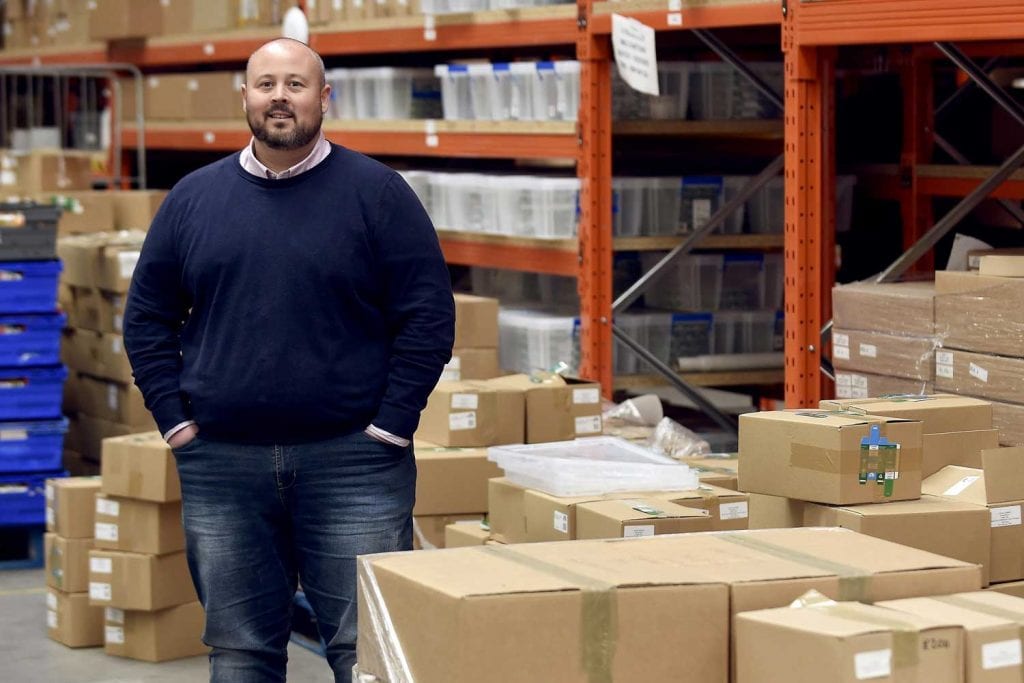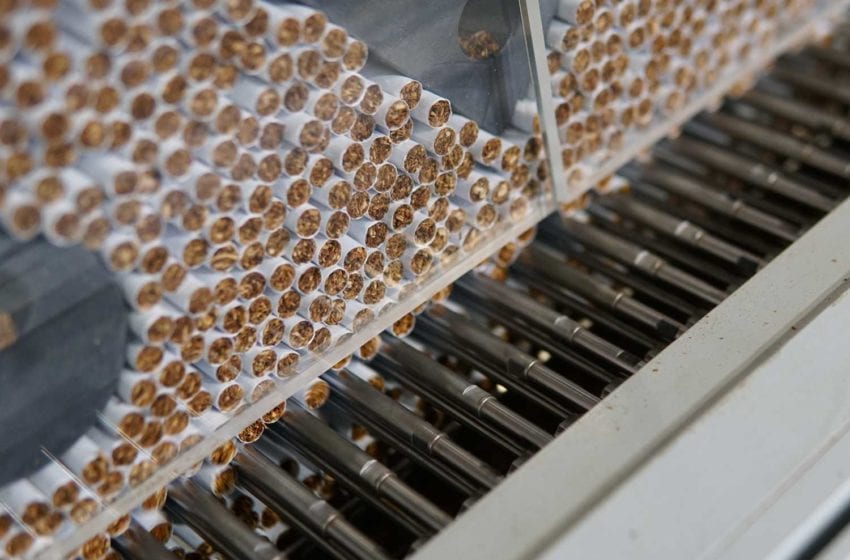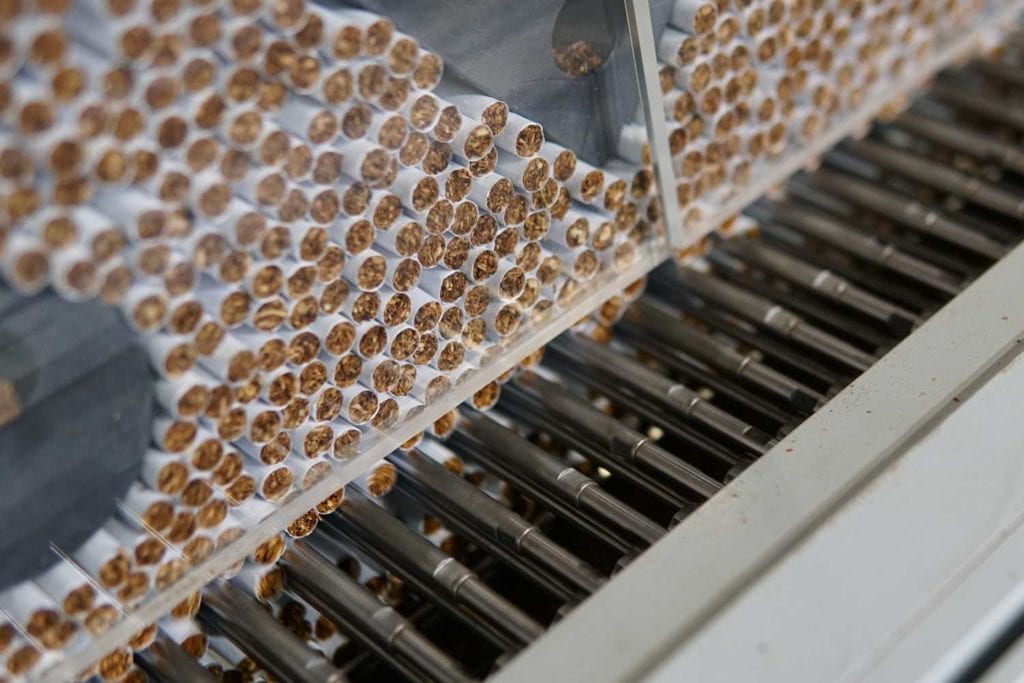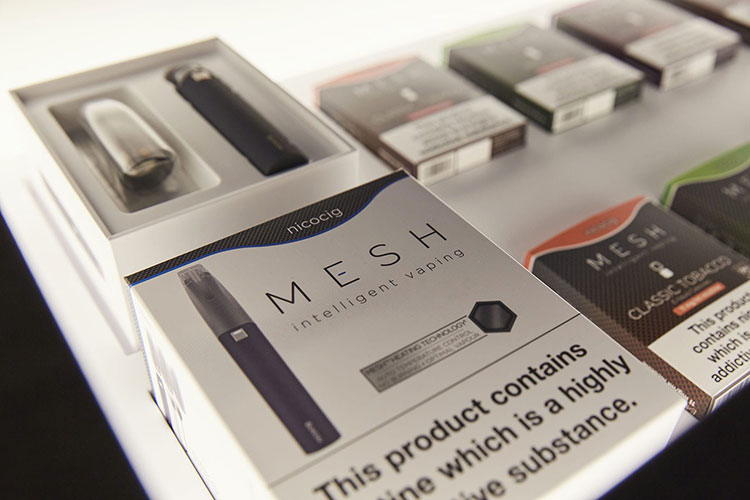
The United States Postal Service (USPS) has published its guidance for mailing vaping products in the Federal Register. The notice provides some clarity on USPS policy and outlined potential exceptions, which could include legal hemp and its derivatives.
Until the final rule is issued, ENDS are not subject to the Prevent All Cigarette Trafficking (PACT) Act. The USPS suggests it may exempt cannabis products, but also says that it will not review any exemption applications before the rule is finalized. The agency did, however, state that it has attempted to streamline the application process.
“The Postal Service understands that those concerns are heightened by Congress’s decision to make ENDS nonmailable immediately upon publication of the final rule, rather than applying the 30-day notice period that typically follows a final rule under the Administrative Procedure Act,” the USPS wrote. “
If any of the relevant exceptions are ultimately made available, then, given the highly decentralized nature of the ENDS industry relative to the industries historically covered by the PACT Act, the Postal Service anticipates receiving ENDS-related exception applications at a rate several orders of magnitude above the historic norm.
U.S. Postal Service
“Therefore, this document is intended to clarify the state of the exception application process in advance of the final rule and to provide guidance to mailers interested in availing themselves of any exceptions that may ultimately be made available.”
The USPS anticipates many applications for exemption to its mail ban. “If any of the relevant exceptions are ultimately made available for [electronic nicotine delivery systems (ENDS)], then, given the highly decentralized nature of the ENDS industry relative to the industries historically covered by the PACT Act, the Postal Service anticipates receiving ENDS-related exception applications at a rate several orders of magnitude above the historic norm,” the guidance reads.
The USPS mail ban is only one of several challenges to the vapor business created by the recent legislation. Among other requirements, the PACT Act also stipulates that manufacturers register with the Bureau of Alcohol, Tobacco, Firearm and Explosives (ATF), as well as file monthly reports with state tobacco tax administrators.
Recipients of all vaping products purchased online are now required to present ID and sign for their delivery, regardless of the carrier. Many states are expecting businesses to start filing monthly reports on May 10 and the USPS is expecting to post the final rule and officially end the mailing of ENDS products to consumers on April 27.



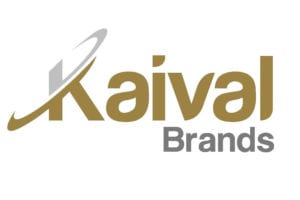 Kaival Brands approved an amended and restated distribution agreement, which sets forth the terms of the formal relationship between Kaival Brands and Bidi Vapor. The newly amended and restated distribution agreement extends the previous one-year, annually renewable term to an initial term of 10 years, which automatically renews for another five-year term provided that Kaival Brands satisfies certain minimum purchase thresholds.
Kaival Brands approved an amended and restated distribution agreement, which sets forth the terms of the formal relationship between Kaival Brands and Bidi Vapor. The newly amended and restated distribution agreement extends the previous one-year, annually renewable term to an initial term of 10 years, which automatically renews for another five-year term provided that Kaival Brands satisfies certain minimum purchase thresholds.








